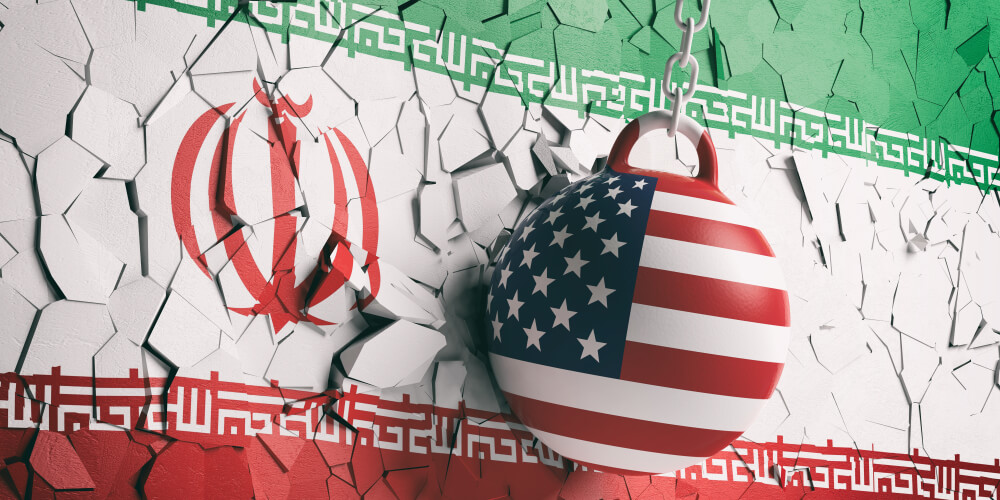The U.S. reportedly thinks Iran is jamming the navigation units on ships passing through the Strait of Hormuz, Persian Gulf and Gulf of Oman, causing them to mistakenly enter into Iranian waters where they can be seized.
The Department of Transportation’s Maritime Administration (MARAD) sent out a notice Wednesday announcing the threats to commercial vessels, highlighting a number of issues with GPS units when traveling through the hotly contested region where a third of the world’s oil supply travels through.
Per MARAD:
Issue: Heightened military activity and increased political tensions in this region continue to pose serious threats to commercial vessels. Associated with these threats is a potential for miscalculation or misidentification that could lead to aggressive actions. Vessels operating in the Persian Gulf, Strait of Hormuz, and Gulf of Oman may also encounter GPS interference, bridge-to-bridge communications spoofing, and/or other communications jamming with little to no warning.
The warning also notes all of the incidents that have happened in the region just since May.
- Six attacks against commercial vehicles
- A U.S. Global Hawk drone was shot down by Iran over international waters
- Iran attempted to commandeer a British tanker but was repelled by a British warship
- The Seizure of a Panamanian-flagged tanker
- Seizure of a British tanker
- Detention and subsequent release of a Liberian-flagged tanker
In at least two of the above incidents, ships reported GPS interference. Ships also have reported spoofed bridge-to-bridge communications from unknown entities falsely claiming to be U.S. or coalition warships, according to the warning.
A U.S. defense official also told CNN that Iran has GPS jammers on Abu Musa Island, which is in the Persian Gulf near the Strait of Hormuz. The goal of the jammers is to cause ships and aircraft to accidentally wander into Iranian waters and airspace, justifying their seizure by the Iran’s Revolutionary Guard.
The U.S. is working to establish a coalition of ships to defend commercial vessels traveling through the region. Britain has committed its Royal Navy to help, and China also is considering joining the coalition.
The U.S. and U.K. already have a number of assets in the region, including ships and planes deployed in recent months to counter the Iranian threat.




